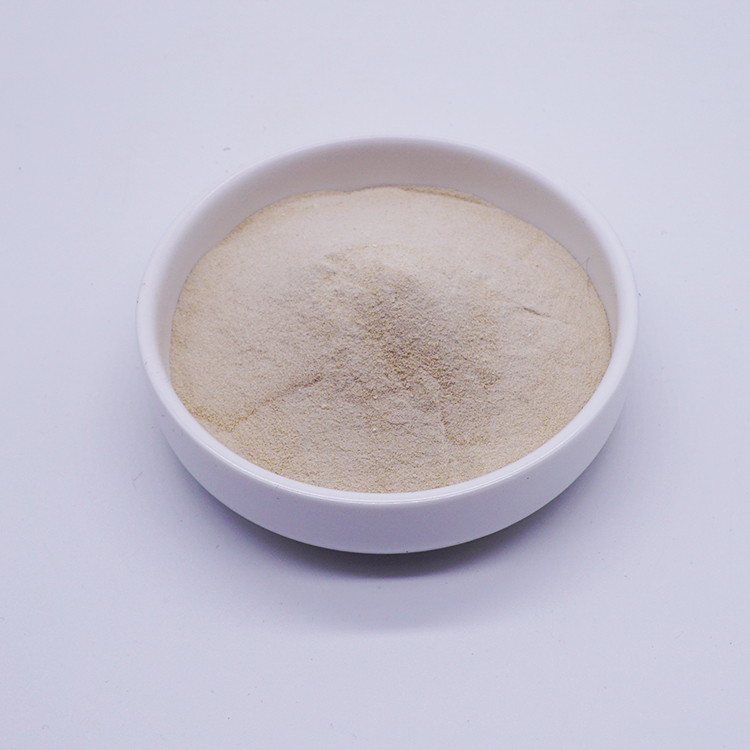Hot Products
Stronger Plants with Amino Acids
2022-03-25

Amino acids, raw material for biostimulant have the characteristics of easy absorption, quick effect, complete nutrients, good fertilizer effect, wide application range, strong affinity and good safety. They also have a very significant effect on stimulating crop growth, enhancing crop physiological activity, improving crop yield, enhance crop resistance against disease, stress, cold and drought.
What role do amino acids play in plant growth?
1) Supplementary sources of organic nitrogen nutrients;
2) Chelating agent for metal ions. Amino acids have the function of complexing (chelating) metal ions, which is easy to carry medium and trace elements (calcium, magnesium, iron, manganese, zinc, copper, molybdenum, boron, selenium, etc.) required by plants into plants, so as to improve the utilization rate of plants for various nutrients;
3) Protein is the basic material of life, and the basic material of protein is amino acid. Amino acid is indispensable to plants, people and animals. Amino acid not only participates in the basic nutritional function of protein synthesis, but also has functionality, and directly participates in various physiological activities of people and plants and hormone synthesis.
Different amino acids have different physiological functions on crops, but they are synergistic.
Alanine: it can increase the synthesis of chlorophyll, regulate the opening of stomata and resist bacteria.
Arginine: it enhances root development, is the precursor of plant endogenous hormone polyamine synthesis, and improves the ability of crops to resist salt stress.
Aspartic acid: improves seed germination, protein synthesis, and provides nitrogen for growth during periods of stress.
Cysteine: sulfur containing amino acids that maintain cell function and act as an antioxidant.
Glutamate: reduce the nitrate content in the crop; Improve seed germination, promote leaf photosynthesis and increase chlorophyll biosynthesis.
Glycine: it has a unique effect on the photosynthesis of crops, is conducive to crop growth, increases the content of crop sugar, and is a natural metal chelator.
Histidine: a catalytic enzyme that regulates stomatal opening and provides a precursor of carbon skeleton hormone and cytokinin synthesis.
Isoleucine and leucine: precursors to improve salt stress resistance, pollen viability and germination, and aromatic flavor.
Lysine: enhance chlorophyll synthesis and increase drought tolerance.
Methionine: the precursor of the synthesis of endogenous plant hormone zeene and polyamine.
Phenylalanine: a precursor substance that promotes the synthesis of lignin and anthocyanin.
Proline: increase the tolerance of plants to osmotic stress and improve the stress resistance and pollen vitality of plants.
Serine: participate in cell tissue differentiation and promote germination.
Threonine: improve tolerance and insect pest damage, and improve the humification process.
Tryptophan: precursor of endogenous hormone auxin indoleacetic acid synthesis, which improves the synthesis of aromatic compounds.
Tyrosine: increase drought tolerance and pollen germination.
Valine: improve seed germination rate and crop flavor.




